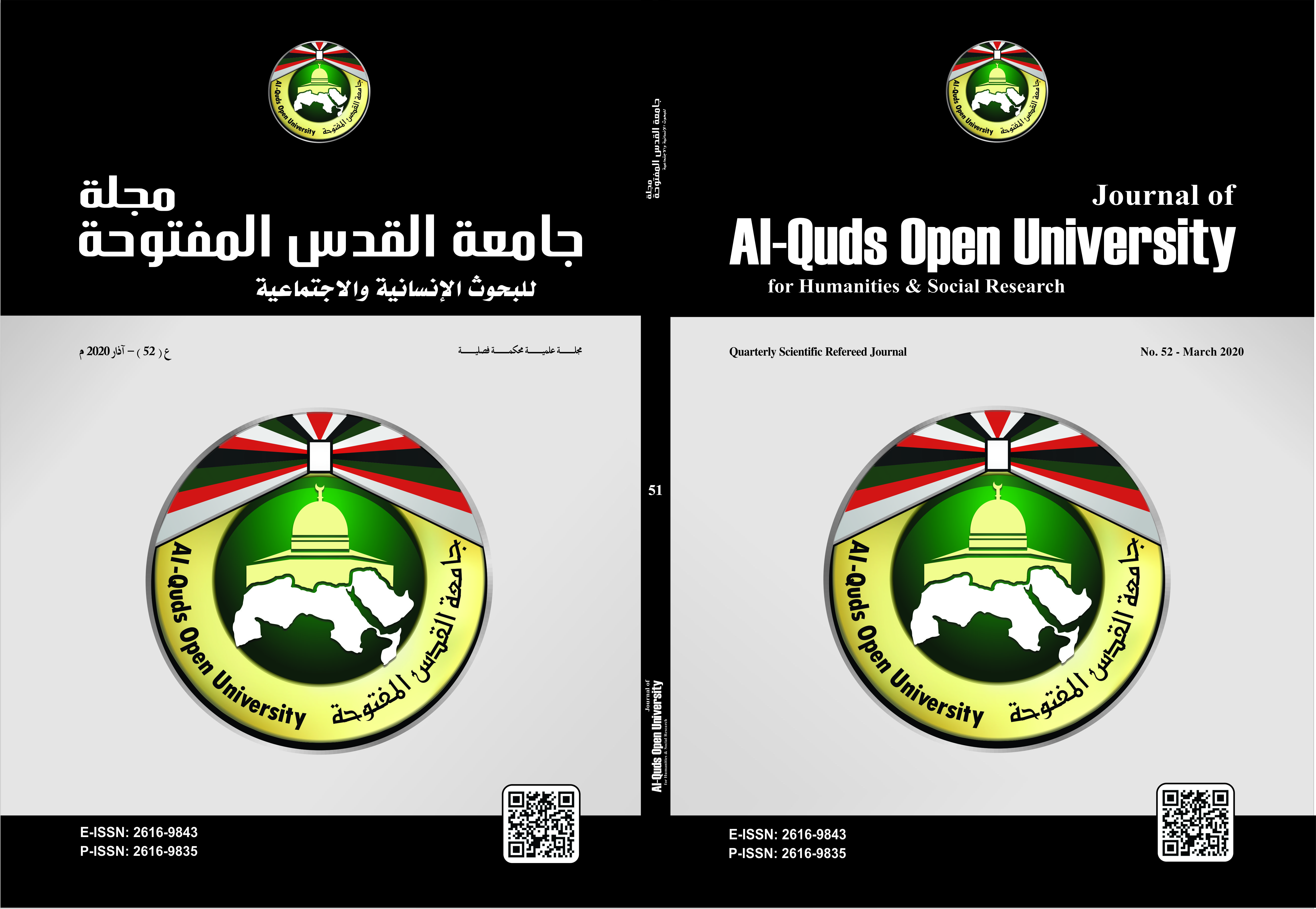The USA Sponsored Military Alliances Policy with Iraq and its Role in Preserving Oil’s Economic Interests in Iraq during the Monarchy
Keywords:
Political History, Public Policy, Petroleum Franchising and Production, International Relations, the History of Iraq.Abstract
The world began to clearly realize the significance of the Middle East in determining international dominance in the post-World War era, both regionally and globally. Although the main global conflicts flared up and fueled over petroleum and oil, commercial values remained apparent in the policies of the superpowers and the USA. The USA assisted its allies in World War I era, yet distanced itself from Middle East territories and focused on the Pacific Ocean and the Caribbean Sea at that time. However, with the rise of the Soviet Union as a superpower, the USA paid a great deal of attention to the significance of the Middle East, both strategically and commercially. Iraq was the top of its interests and priorities. The importance of Iraq lies in its location. It fell in the middle of the countries that shared borders with the Soviet Union. Thus, attracting the USA’s attention as it would allow it to besiege the Soviet Union, which prevents the expansion of its dominance to the rest of the Middle Eastern Countries.
Iraq geographically provides an access to the other oil states of the Arab Gulf. American politicians realized the importance of their presence in Iraq; challenging the power of the Soviet Union and controlling Europe, especially when the latter started utilizing oil for industries instead of coal. Therefore, the USA threatened Britain several times to hinder its projects and to shake its stability if it would not gain 25% of the petroleum franchise and production in Iraq
DOI: 10.33977/0507-000-052-003
Downloads
Published
How to Cite
Issue
Section
License
- The editorial board confirms its commitment to the intellectual property rights
- Researchers also have to commit to the intellectual property rights.
- The research copyrights and publication are owned by the Journal once the researcher is notified about the approval of the paper. The scientific materials published or approved for publishing in the Journal should not be republished unless a written acknowledgment is obtained by the Deanship of Scientific Research.
- Research papers should not be published or republished unless a written acknowledgement is obtained from the Deanship of Scientific Research.
- The researcher has the right to accredit the research to himself, and to place his name on all the copies, editions and volumes published.
- The author has the right to request the accreditation of the published papers to himself.













_2.png)
_.png)
_2.png)
_1.png)
_.png)

